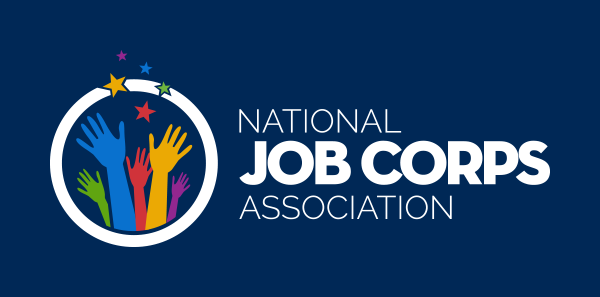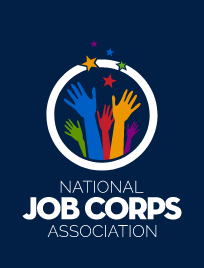| Job Corps training benefits students, community |
| Written by Suzie Sage |
| Friday, 02 July 2010 23:26 |
| When you consider the activities of the U.S. Forest Service as it cultivates and manages our national resources, you probably think of its expertise in fighting fires, maintaining trails, or raising timber. But away in the northeast corner of Washington State, about five miles south of the U.S.-Canadian border, a rather extraordinary Forest Service installation helps develop an even more valuable resource: our nation’s youth.Its remote location and itinerant population make it easy to develop false assumptions about the Curlew Job Corps Civilian Conservation Center. But the truth is that thousands of our nation’s young people have gained immeasurably from their vocational training over the years, and in return have made important contributions to our community. These are some of our amazing kids too.
“The center’s goal is to help students think, reason, and learn. It is not how you were raised or the hardships along the way that shape us; you can succeed through failure,” says director Roger Hepburn. “The center is here to provide opportunities and has a zero tolerance for violence, alcohol, and drugs. Students can be terminated if they are not committed to the program. They are challenged to build their character beyond their average expectations.” Students are there because they want to be there. They must apply at an independent outreach and admissions office, and show a desire to enter one of the vocational programs at the center. They must also meet stringent qualifications to enroll at the center. The average student’s age is sixteen to eighteen, with some as old as twenty-four. Where do they come from? Job Corps students come from a cross-section of families. Some come from underprivileged families and have had difficulties to overcome. Others come from more stable backgrounds. They are all students seeking vocational training and successful employment. There are about two hundred in residence at the center at any given time with students coming and going as they complete their training. Curlew Job Corps operates under a fine-tuned structure that prepares students for careers in union and non-union trades. The center evaluates each student to help him or her prepare for a career. Students needing help with reading or math skills, or need to get a GED or high school diploma, spend alternate weeks in educational classes and vocational training. It may take as little as eight months for some students to complete the program, and up to two years for others. The desired outcome is to prepare the student for the labor force and independent life. Many students even take advantage of follow-up services up to a year after graduation. Work projects on and off the center, or off-campus civic projects help the students prepare for real job experiences. The students not only work on building projects at the center, updating and improving their campus by remodeling old buildings and maintaining the grounds by using their vocational skills, but many students have the opportunity to work away from the center on local projects, or are sent out on distant work-based learning assignments. You may have seen some of the civic projects completed by the Job Corps students around the county. Projects like the freshly-painted Ansorge Hotel, the signs for the Sherman Pass Scenic Byway and Swan Lake, the new blue bookshelves at the library, and the new swine barn gates at the fairgrounds are only a few of the students’ recently-completed projects. The students are funny, articulate, shy, and humble. They are normal young adults with dreams and desires, but seem to be especially goal-oriented and driven to succeed. Students like Josh Geithman from Arlington, who waited since he was sixteen to get into the Forestry program. He wants to eventually get a job at the Darrington Ranger District to be near family. Or Rebeccah Daniels from Enumclaw, who is enrolled in the Home Builders’ Institute, and wants to become a certified electrician and work with her father who is a certified electrician. What do the students think about Job Corps once they are enrolled? Marcus Tomayko from Reardan states “The Job Corps here is isolated. It gives you a fresh start and prepares you for living on your own. How hard you work (at the center) is how far you go.” Rebeccah Daniels replies, “Job Corps is about RULES! They push you, but they help you grow at your own pace. They are not over the top, but use common sense, and they prepare you for independent living without babying you. You can trust the instructors, because they trust in you. They are consistent. It’s different here. We are here for each other (fellow students). We push each other and encourage each other to stay focused and on track.” John Downing from Emmett, Idaho states, “Yeah, Job Corps is about rules, but if they give you a future, I’m fine with that.” Brett Giammona from Spokane says, “Job Corps has more structure and prepares you to be more employable.” |


 JOB CORPS
JOB CORPS